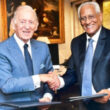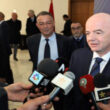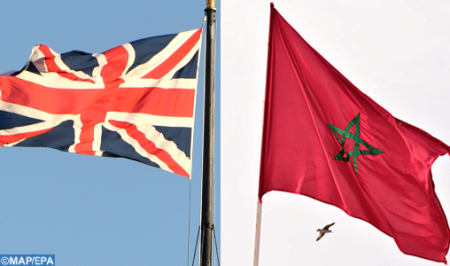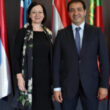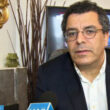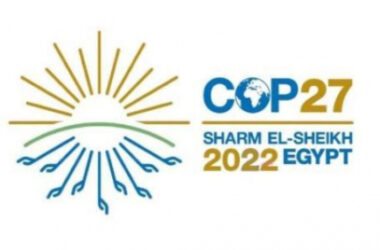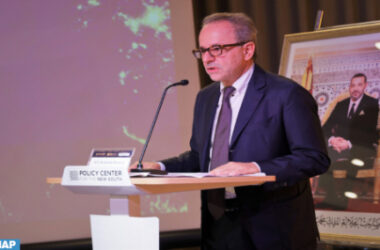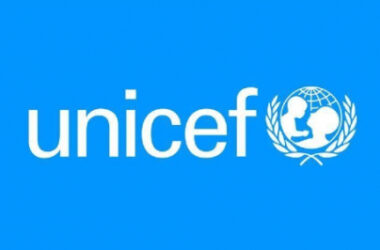Organized by the Moroccan Embassy in the United Kingdom, in collaboration with the Oxford Centre for Islamic Studies, the meeting was attended by members of government, diplomats, academics, researchers, bishops and rabbis.
It was an opportunity to discuss the economic opportunities available to both countries and the essential role of cultural and human relations in maintaining and strengthening dialogue and cooperation.
Minister of Habous and Islamic Affairs Ahmed Toufiq stressed that the Moroccan model is edifying because of several elements relating to the cultural, linguistic and human diversity, which characterizes the Kingdom, the fundamentals of the nation and religion, the command of believers, the management of the religious thing and the place of choice occupied by women and the family.
Toufiq reviewed a series of historical facts, which trace the deep roots of the Kingdom’s multiculturalism and explain the tolerance characteristic of contemporary Moroccan society.
The Moroccan model has enormous political and social potential and deserves to be better known to inspire other experiences around the world, said the Minister, noting in this sense that the Kingdom is willing to work with the Oxford Center for Islamic Studies to establish exchange programs, as it does with the Harvard Center for Middle East Studies.
For her part, HM the King’s Ambassador-at-Large Assia Bensalah Alaoui said that Morocco has always been active on various fronts to establish itself as a key player in the regional and global geopolitical scene.
In this respect, she recalled, among other things, that the Kingdom has played a mediating role in the Middle East, chaired the Al Quds Committee, saw the birth of the World Trade Organization (WTO) through the Marrakech Agreement of 1994, and hosted the COP7 and 26.



